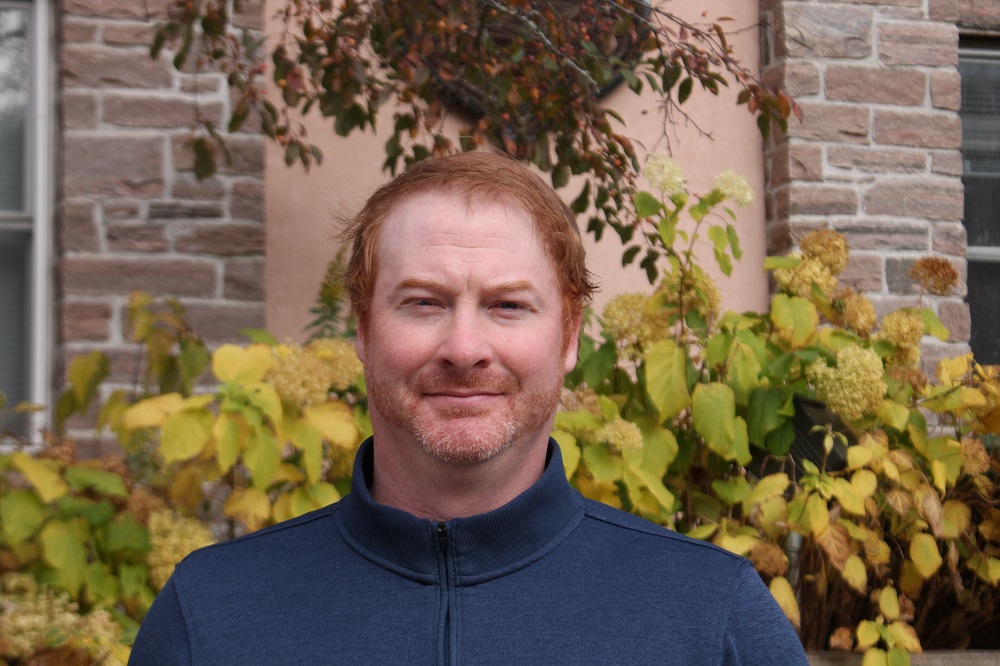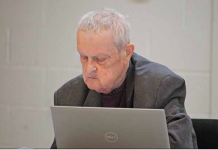Scott Ovell, the County’s director of economic development and tourism, is on a road show – selling a municipal accommodation tax (MAT) to lower-tier governments.
He began his virtual tour with an April 9 Highlands East meeting, explaining that much like the short-term rental bylaw, the MAT will be the job of Algonquin Highlands, Dysart et al, Highlands East and Minden Hills.
And it may very well be worth the effort, he indicated, estimating four per cent charged on short-term rentals could bring more than $2 million to County coffers. It is not known what the breakdown of that would be for each municipality. He did acknowledge, however, that the figure is based on full compliance, whereas they expect 65-70 per cent will play ball in the first year.
Ovell said the program has mandatory requirements, which include that at least 50 per cent of revenue go to one or more eligible tourism entities that are not-forprofit. The money must be exclusively used for promoting and developing tourism.
He noted there is some discretion with the other 50 per cent, which would go to Highlands East. All townships get half of MAT revenue. For example, he said North Hastings had used MAT tax revenue for roads, since travellers use the road network.
How it would work is the short-term rental host would have to collect the tax and remit it to Granicus, the company hired to help the County’s towns with its STR program. Ovell said it is for the room rate only, not amenity fees or service charges, such as parking, internet or cleaning. Bookings prior to the adoption of the MAT would be excluded from paying. It is expected to begin Oct. 1.
Referencing data collected from the Ministry of Tourism, Ovell said there were more than 150,000 reserved nights in the County in 2023 – up more than 90 per cent from 2019. He said the average daily rate, at more than $350, had climbed 47 per cent since 2019. There had been a 281 per cent jump in revenue in that time period as well, to more than $54 million. He divided that by the four per cent to come up with the more than $2 million in potential MAT tax revenue.
“From an economic development and tourism standpoint, these numbers are great. This means we have a lot of people coming to the County.” He said data also indicated the short-term rental users are spending more money and staying longer – “all really good things for us.”
As for next steps, he wants councils to pass the MAT at four per cent; direct nonmunicipally retained funds (50 per cent) to a municipal services corporation (MSC) created by the County, conduct public consultation on use of funds and prepare a draft service agreement between the MSC and the townships with the goal of having a consistent agreement amongst all four. He estimated it would take 12-18 months from the effective date of the bylaw to when local governments will have a proper understanding of revenue generated through the program.
Deputy mayor Cec Ryall commented it would be, “one of the most, if not controversial, unpopular, taxes we are going to put in place especially for STR providers. But it’s something we have to do. I don’t see a way around it.” He said he is in favour of managing short-term rentals, but at no cost to taxpayers.
Ovell added that besides presenting to all four townships, he will have a report for the County soon.





